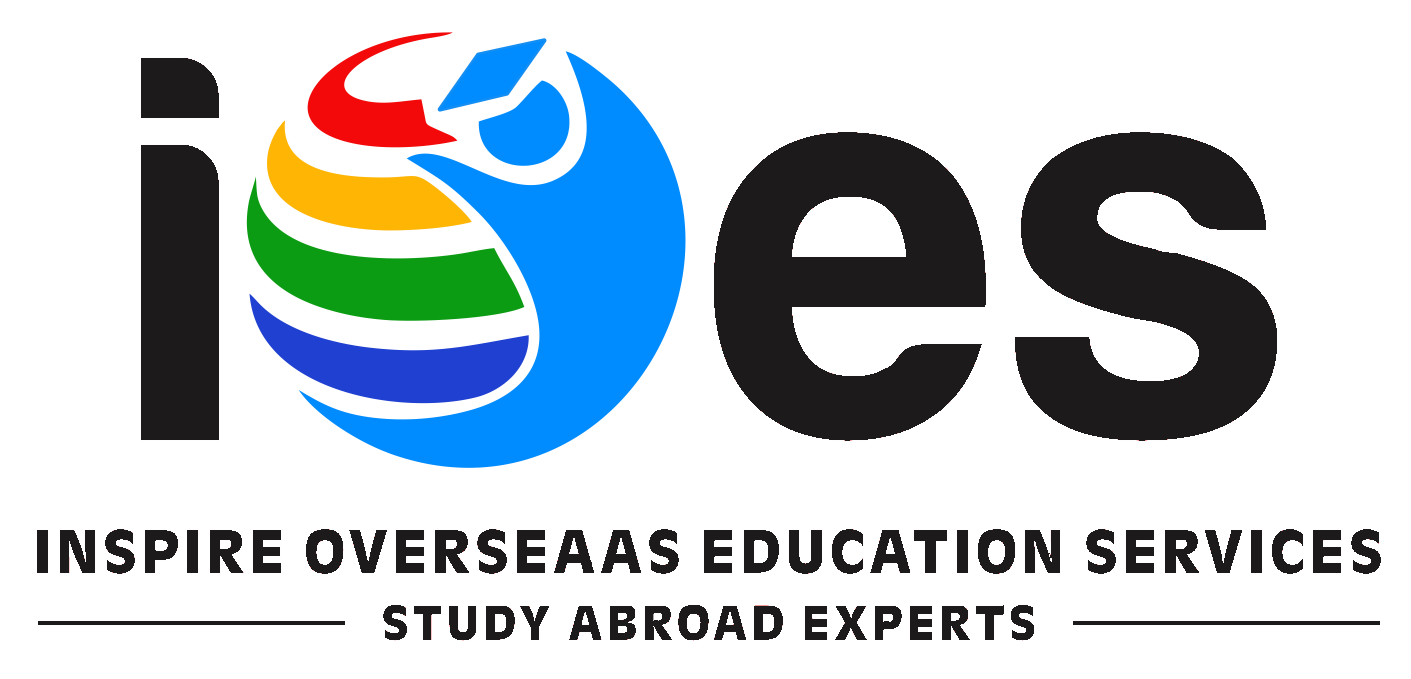Global Career Paths: Maximizing Employment Opportunities After International Education
An international degree opens doors to diverse career opportunities worldwide. However, translating your global education into professional success requires strategic planning and action. This guide explores how to maximize employment opportunities after studying abroad, whether you plan to work in your host country, return home, or pursue a global career path.
The Value of International Education to Employers
Before diving into strategies, it's important to understand what makes international graduates attractive to employers:
Cross-Cultural Competence
Studying abroad demonstrates your ability to navigate different cultural contexts—a highly valued skill in today's interconnected business environment.
Adaptability and Resilience
Successfully completing a degree in a foreign environment proves your adaptability, independence, and ability to thrive outside your comfort zone.
Global Perspective
Your international experience provides unique insights into global markets, diverse consumer behaviors, and varied business practices.
Language Skills
Proficiency in multiple languages significantly enhances your employability across borders.
Specialized Knowledge
Many students pursue international education to access specialized programs or expertise not available in their home countries.
Career Pathways After International Education
Option 1: Working in Your Host Country
Many international students hope to gain work experience in their study destination before returning home or moving elsewhere.
Understanding Post-Study Work Rights
• Research Visa Options: Each country has different policies regarding post-graduation work permits:
- The UK offers a Graduate Route visa allowing 2-3 years of work
- Canada's Post-Graduation Work Permit can last up to 3 years
- Australia offers Temporary Graduate visas for 2-4 years
- The US offers Optional Practical Training for 12-36 months
- Germany allows graduates to stay for 18 months to find employment
• Timing Matters: Begin researching work visa requirements at least 6 months before graduation
• Consult Experts: University international offices and immigration advisors can provide guidance specific to your situation
How IOES Helps YouAchieve Your Dreams
- Personalized university and program matching based on your profile and aspirations
- Expert guidance on applications, SOPs, and document preparation
- Interview preparation and visa counseling support
- Scholarship search and financial aid guidance
- Pre-departure orientation and ongoing support throughout your journey
Job Search Strategies for International Graduates
• Target International-Friendly Employers: Some companies have established histories of hiring and sponsoring international talent
• Leverage University Career Services: Many institutions offer specialized support for international students
• Highlight Your Unique Value: Emphasize how your international perspective and cultural knowledge benefit potential employers
• Build a Local Network: Attend industry events, join professional associations, and connect with alumni
• Consider Internships: These can be pathways to full-time positions and sponsorship
Option 2: Returning to Your Home Country
Your international degree can be a significant advantage when returning to your home job market.
Positioning Your International Education
• Research Your Industry: Understand how your international qualification is perceived in your home country
• Maintain Home Country Connections: Stay connected with professional networks while abroad
• Identify Skills Gaps: Your international expertise might fill needs in your local market
• Prepare for Readjustment: Recognize that returning home after years abroad brings its own transition challenges
Marketing Your Global Experience
• Quantify Your Achievements: Provide concrete examples of projects, research, or initiatives you participated in
• Articulate Transferable Skills: Explain how your international experience translates to local business contexts
• Highlight Global Networks: Emphasize connections that could benefit potential employers
• Target Multinational Companies: Organizations with global operations often value international education
Option 3: Global Career Mobility
Some graduates leverage their international education to build truly global careers.
Strategies for Global Mobility
• Target Multinational Organizations: Companies with offices worldwide may offer opportunities for international transfers
• Consider International Organizations: UN agencies, NGOs, and international bodies often seek candidates with cross-cultural experience
• Explore Digital Nomad Opportunities: Remote work options are expanding in many industries
• Investigate Third-Country Options: Your study abroad experience might qualify you for opportunities in countries beyond your home or host nation
Developing Your Global Career Strategy
1. Start Early
Begin career planning at least 12-18 months before graduation:
• Research employment trends in your field
• Understand visa requirements and timelines
• Identify target organizations and roles
• Develop necessary skills and certifications
2. Build a Global Professional Brand
Create a consistent professional presence that appeals to international employers:
• LinkedIn Profile: Highlight international experiences and language skills
• Resume/CV: Adapt formats for different countries (remember that expectations vary)
• Digital Portfolio: Showcase projects that demonstrate cross-cultural competence
• Professional Memberships: Join international associations in your field
3. Gain Relevant Experience During Studies
Enhance your employability through:
• Internships: Practical experience in your host country
• Research Assistantships: Collaboration with faculty on international projects
• Student Leadership: Roles demonstrating organizational and interpersonal skills
• Volunteering: Community engagement showing commitment and cultural integration
4. Develop a Global Network
Your international connections are invaluable assets:
• Alumni Networks: Connect with graduates from your institution working globally
• Professional Associations: Join industry groups with international chapters
• Mentorship Relationships: Seek guidance from professionals with global experience
• Cultural Organizations: Maintain connections with communities from your host country
5. Enhance Your Global Skill Set
Beyond your degree, develop competencies valued across borders:
• Language Proficiency: Continue improving host country language skills
• Digital Literacy: Master technologies used in global workplaces
• Financial Literacy: Understand international banking, taxation, and financial planning
• Cultural Intelligence: Deepen your understanding of business practices across cultures
Industry-Specific Considerations
Technology and Engineering
• Certification requirements vary by country
• Some regions have skills shortages creating opportunities for international graduates
• Remote work options are expanding rapidly
Business and Finance
• Professional designations may need country-specific equivalency processes
• Financial regulations and compliance requirements differ significantly
• Understanding of multiple markets is highly valued
Healthcare
• Medical qualifications often require extensive recertification processes
• Some specialties are more transferable than others
• Research and public health roles may offer greater international mobility
Creative Industries
• Portfolio development should consider cultural differences in aesthetic preferences
• Copyright and intellectual property laws vary internationally
• Digital platforms enable global client relationships
Overcoming Common Challenges
Credential Recognition
• Research equivalency processes in target countries
• Obtain official translations of academic documents
• Consider professional certifications that are internationally recognized
Visa Restrictions
• Understand pathways to work authorization
• Research countries with skills shortages in your field
• Consider employer sponsorship requirements
Cultural Differences in Job Search
• Application processes vary significantly (CV formats, interview expectations)
• Networking practices differ across cultures
• Self-promotion norms vary (some cultures value modesty, others assertiveness)
Salary Expectations and Negotiations
• Research standard compensation in your target location
• Understand total compensation packages (benefits vary widely)
• Consider cost of living differences when comparing offers
Conclusion
Your international education is more than a degree—it's a foundation for global career opportunities. By strategically planning your professional path, highlighting your unique cross-cultural competencies, and building a global network, you can leverage your international experience for long-term career success.
Remember that global careers rarely follow linear paths. Remain flexible, continue developing marketable skills, and stay attuned to emerging opportunities across borders. Your ability to navigate different cultures and environments is a competitive advantage in today's interconnected world.
IOES offers career counseling services specifically designed for returning international students. Our counselors can help you translate your global experience into compelling career narratives for your target job markets.



